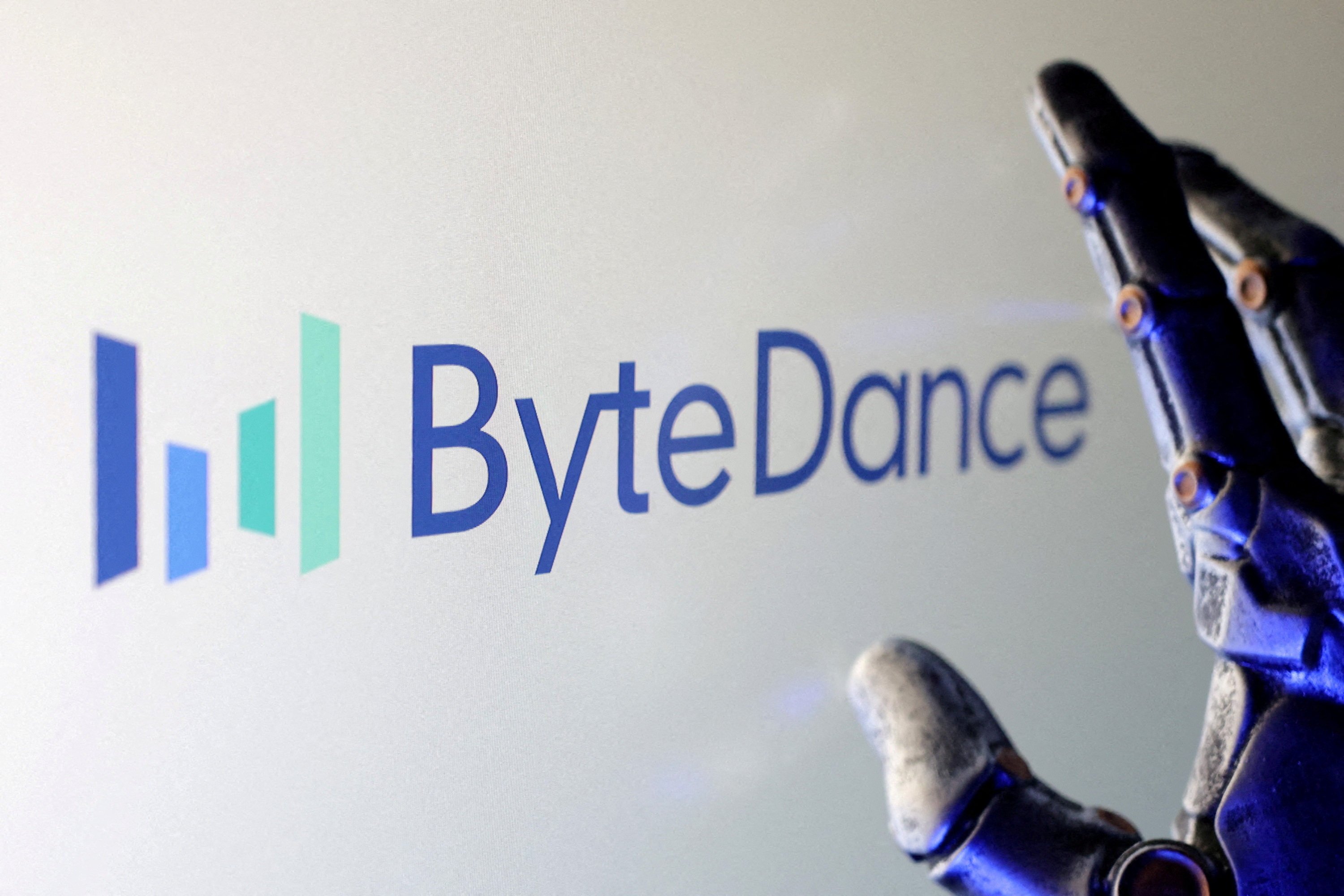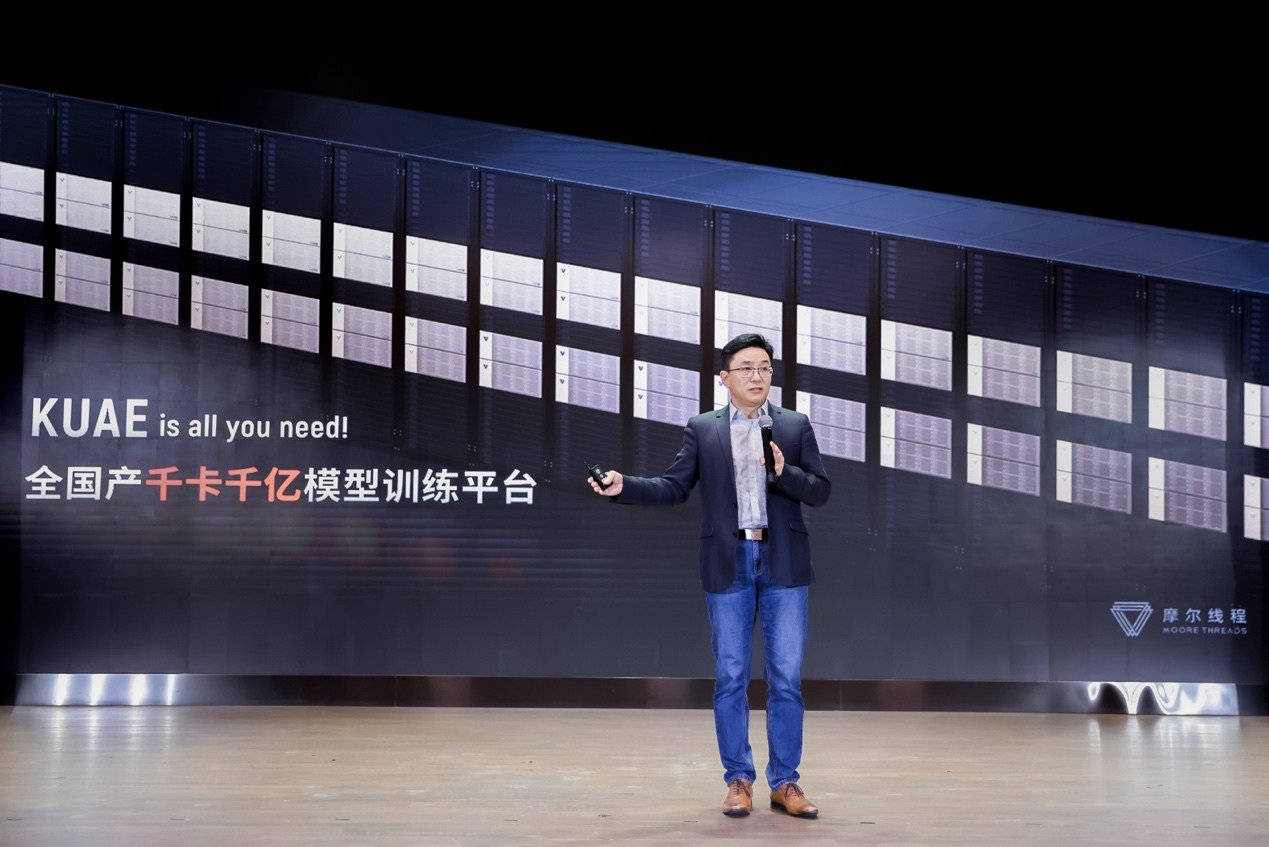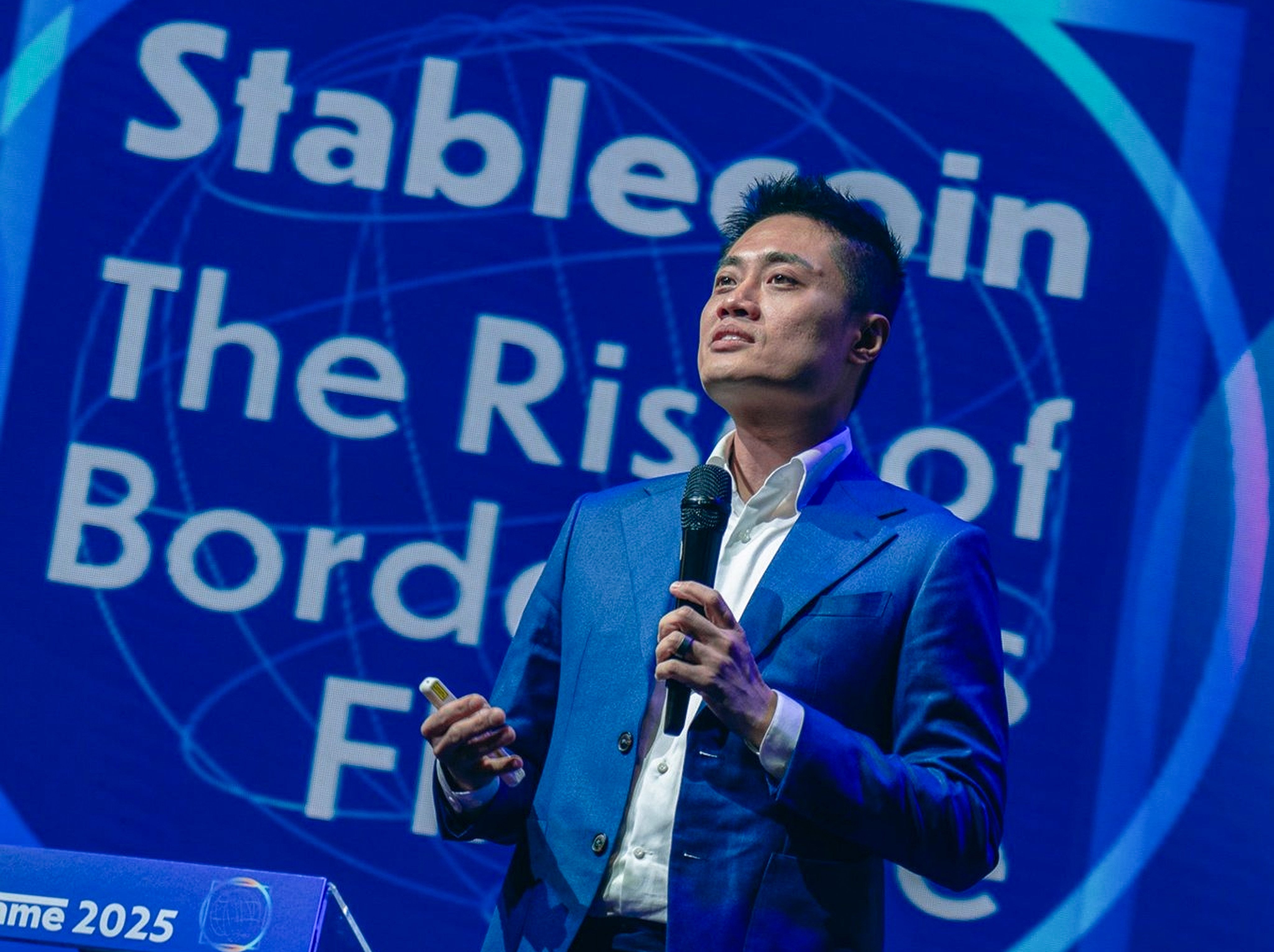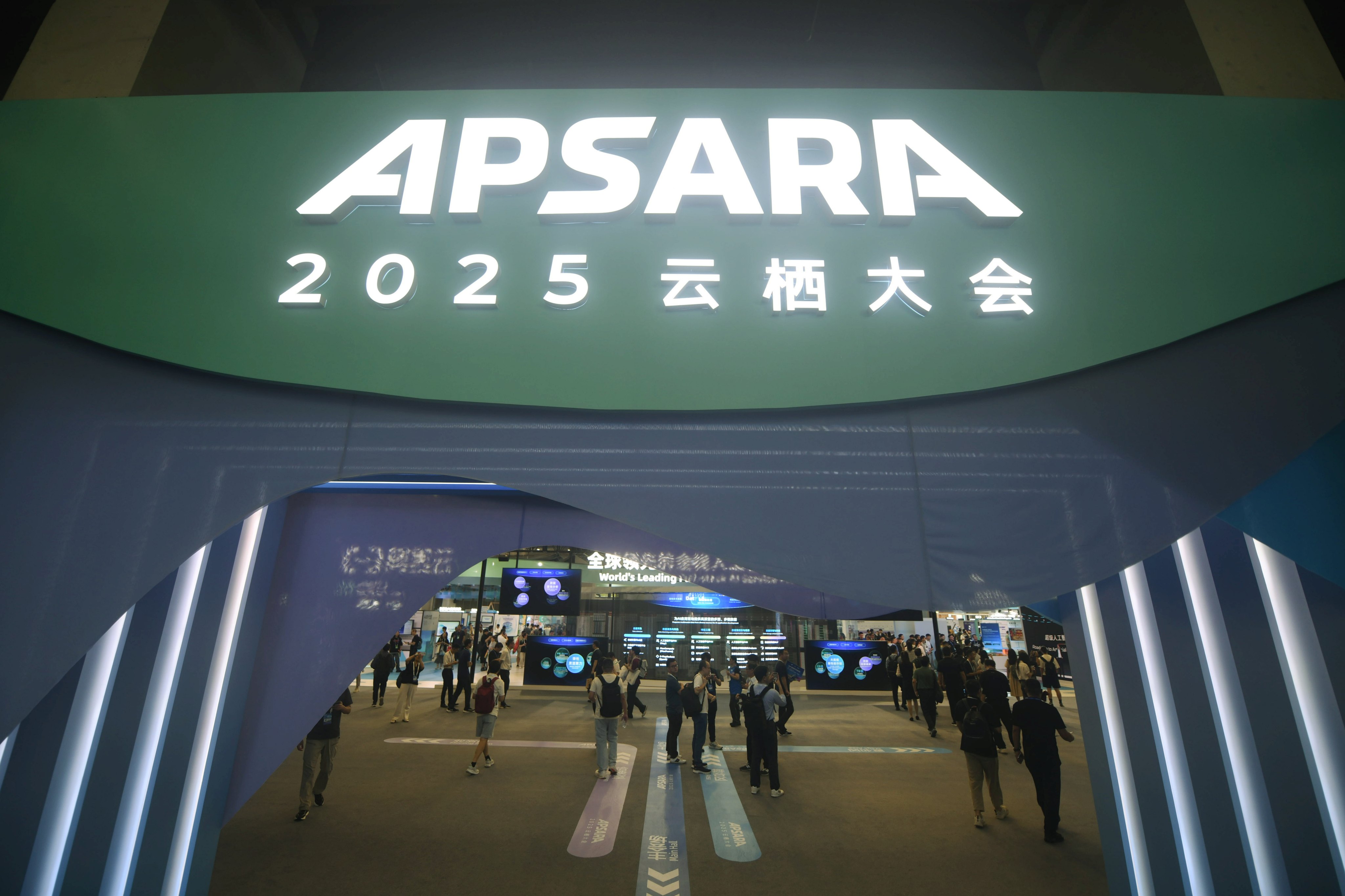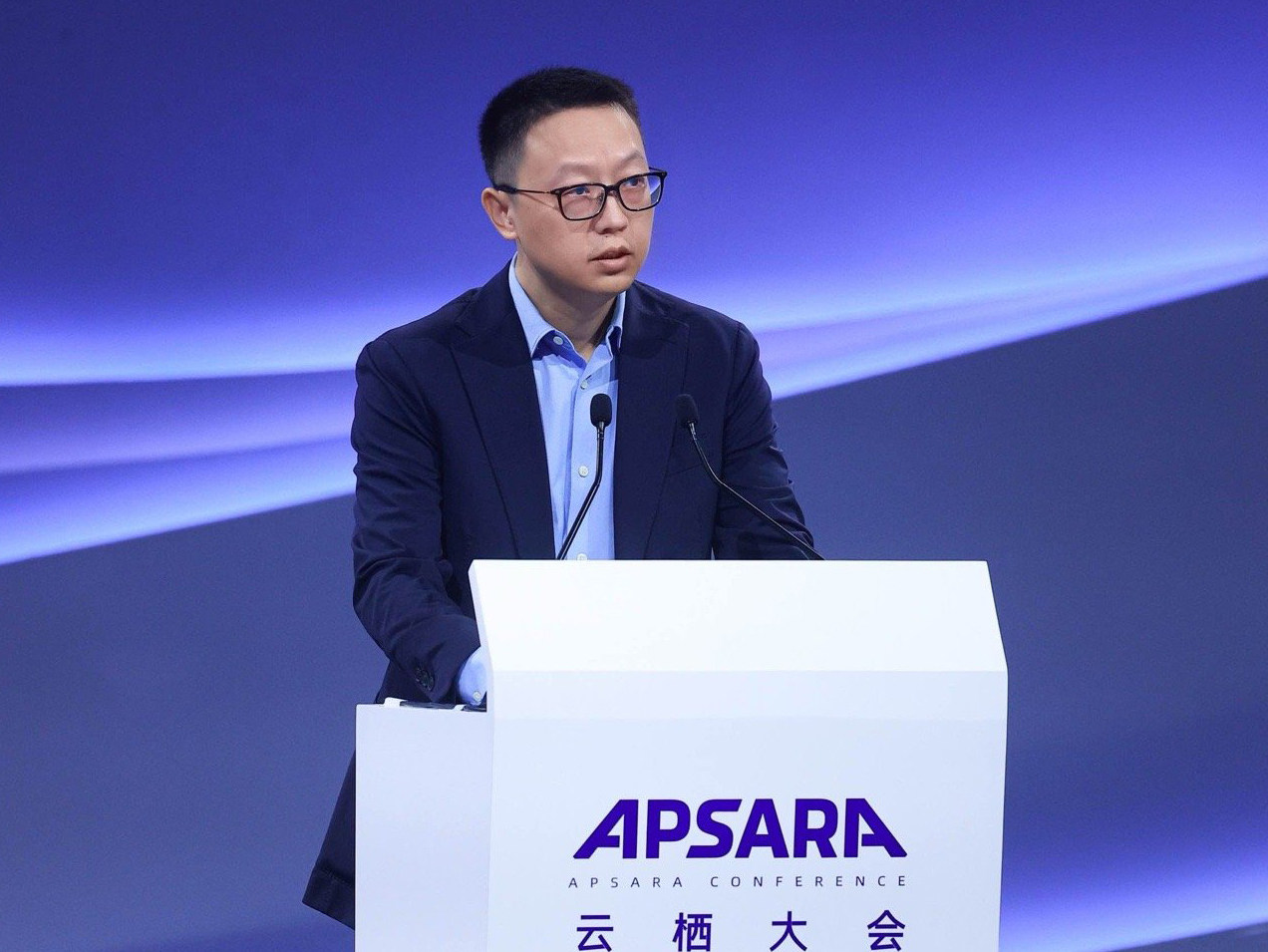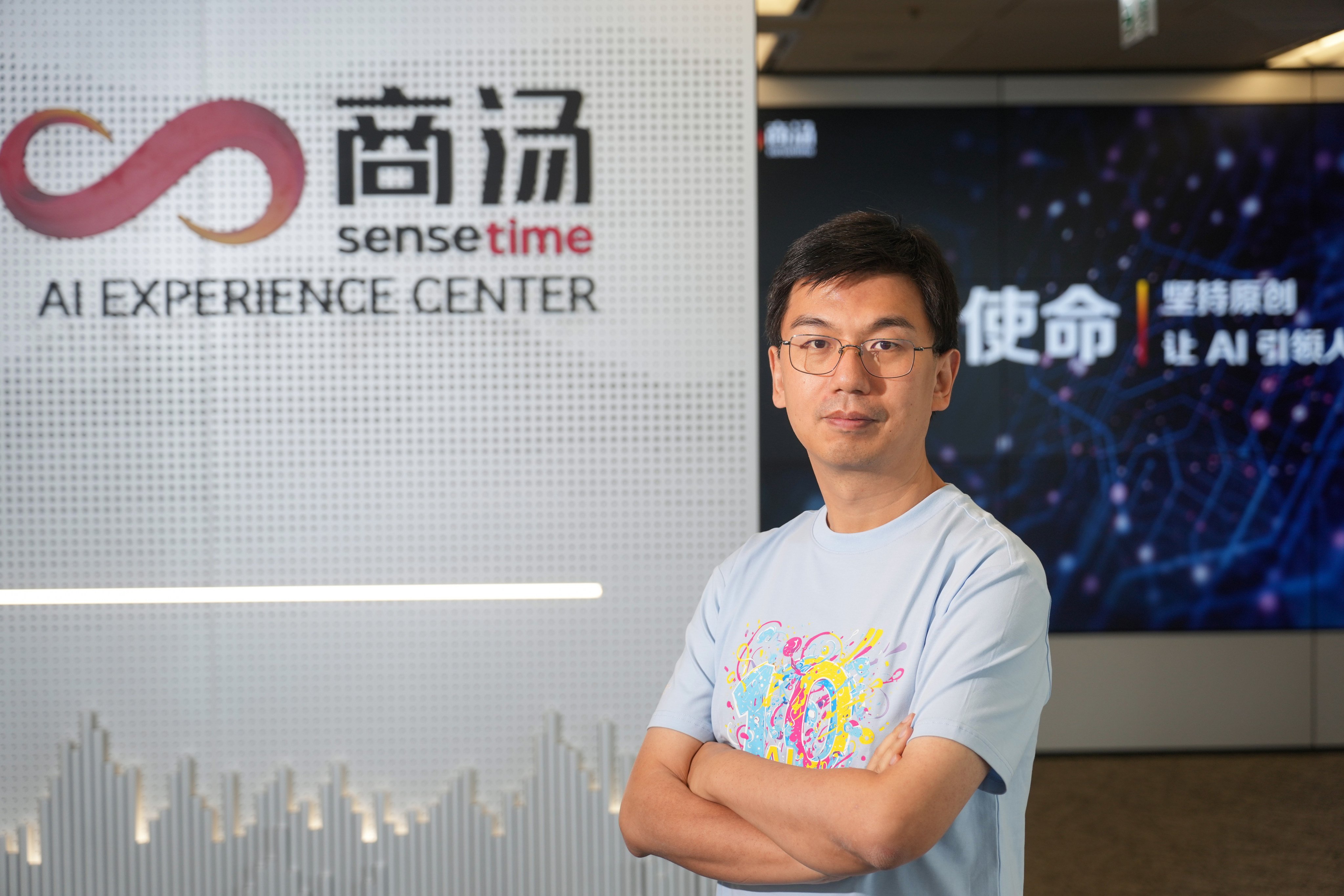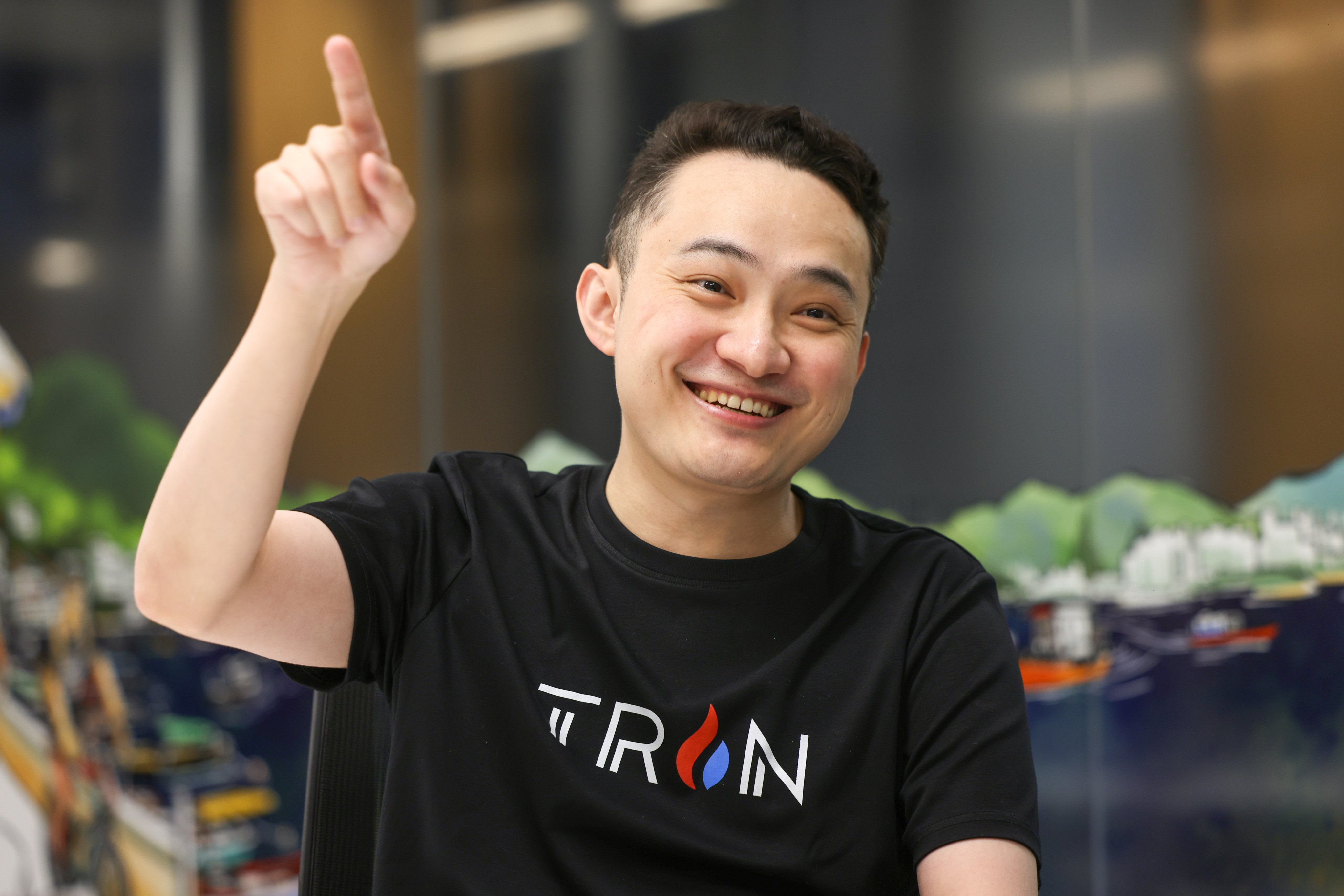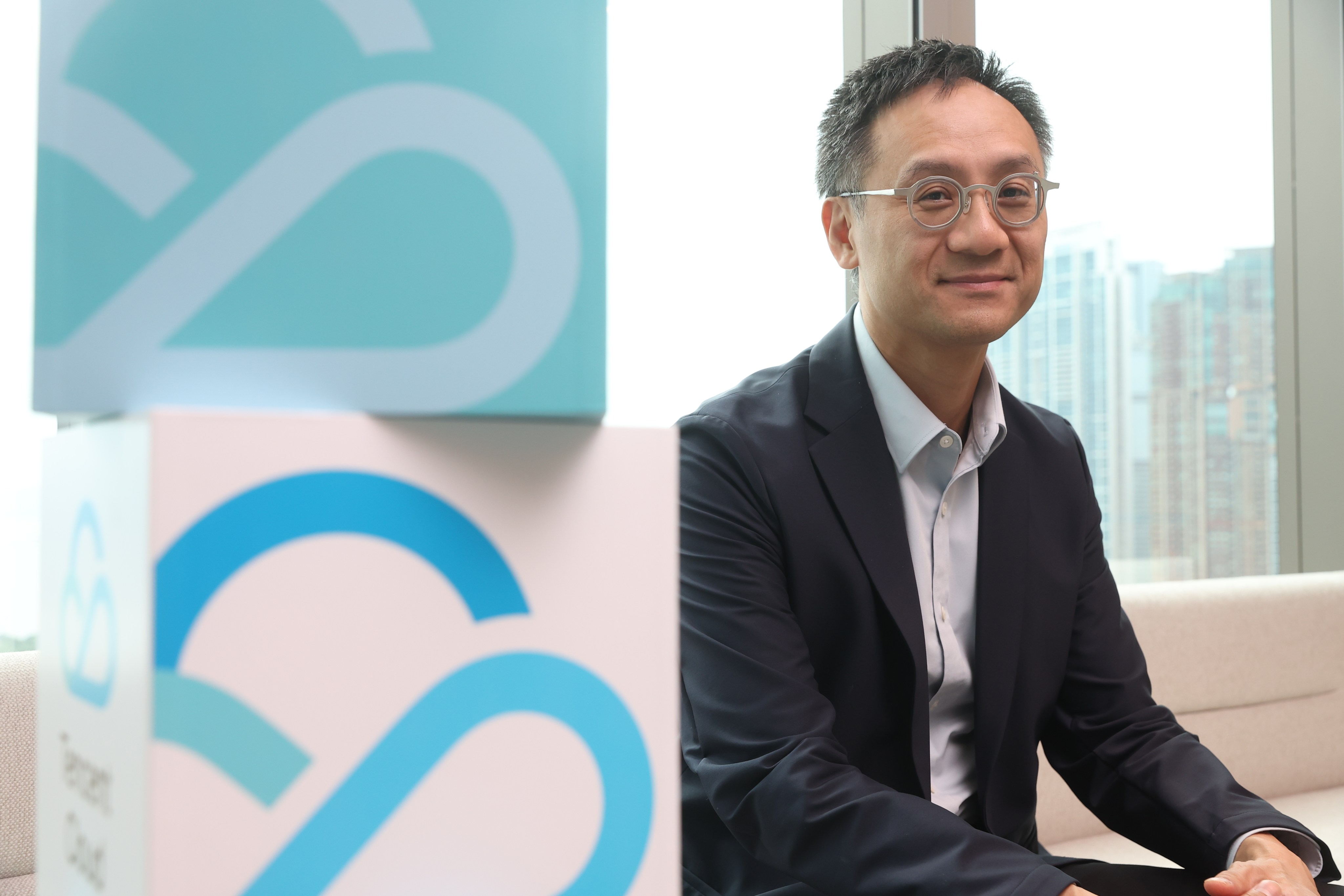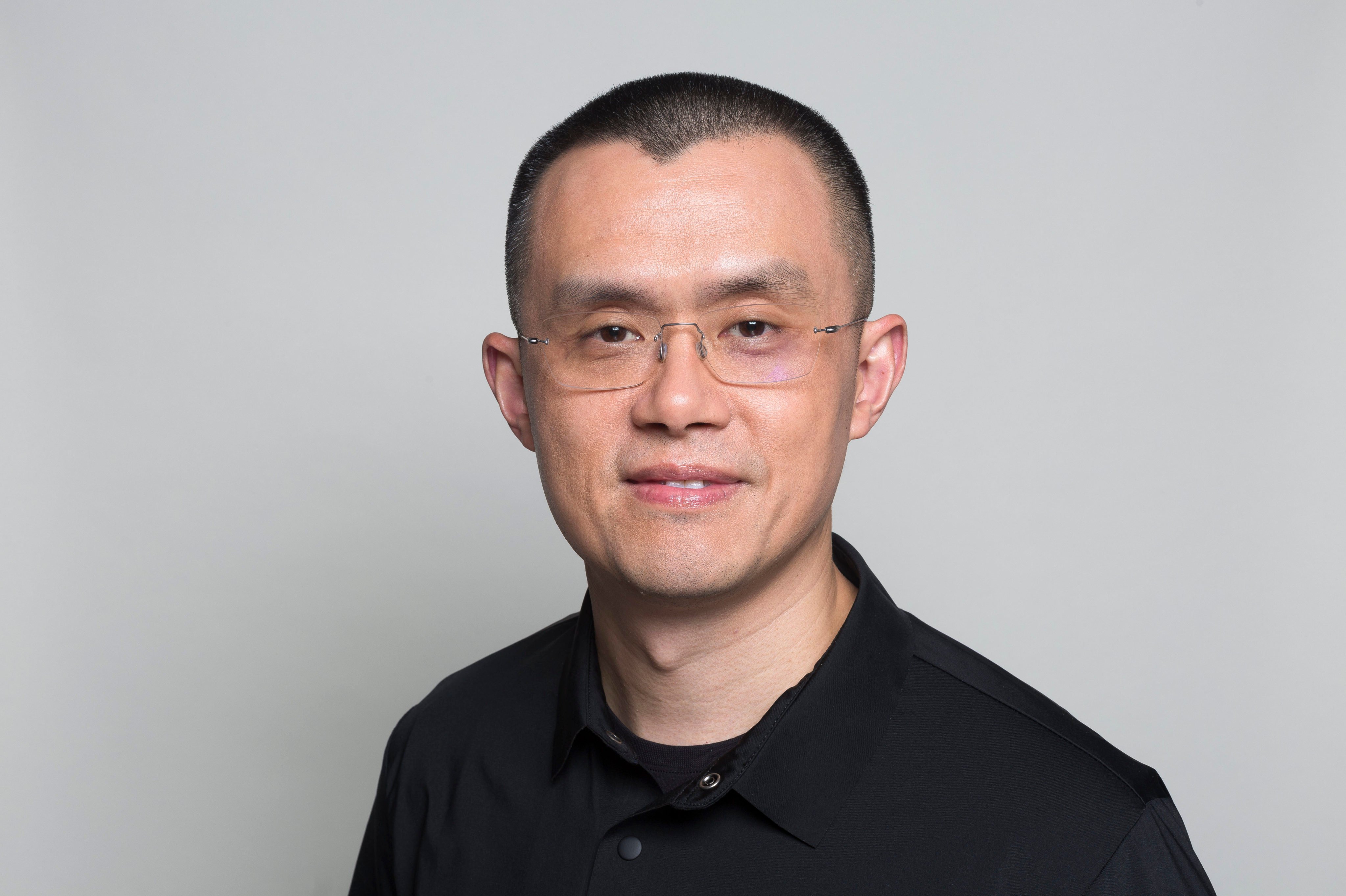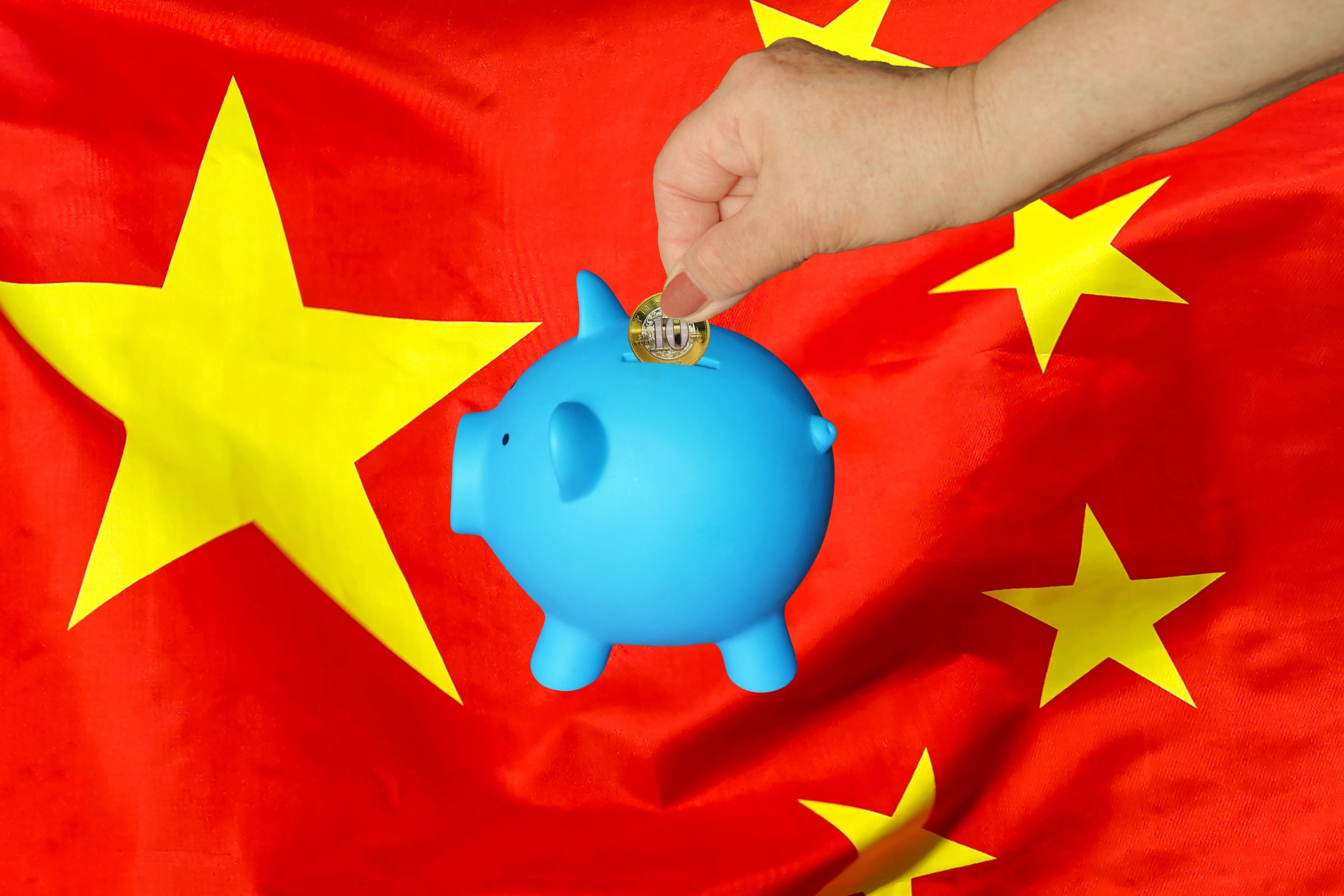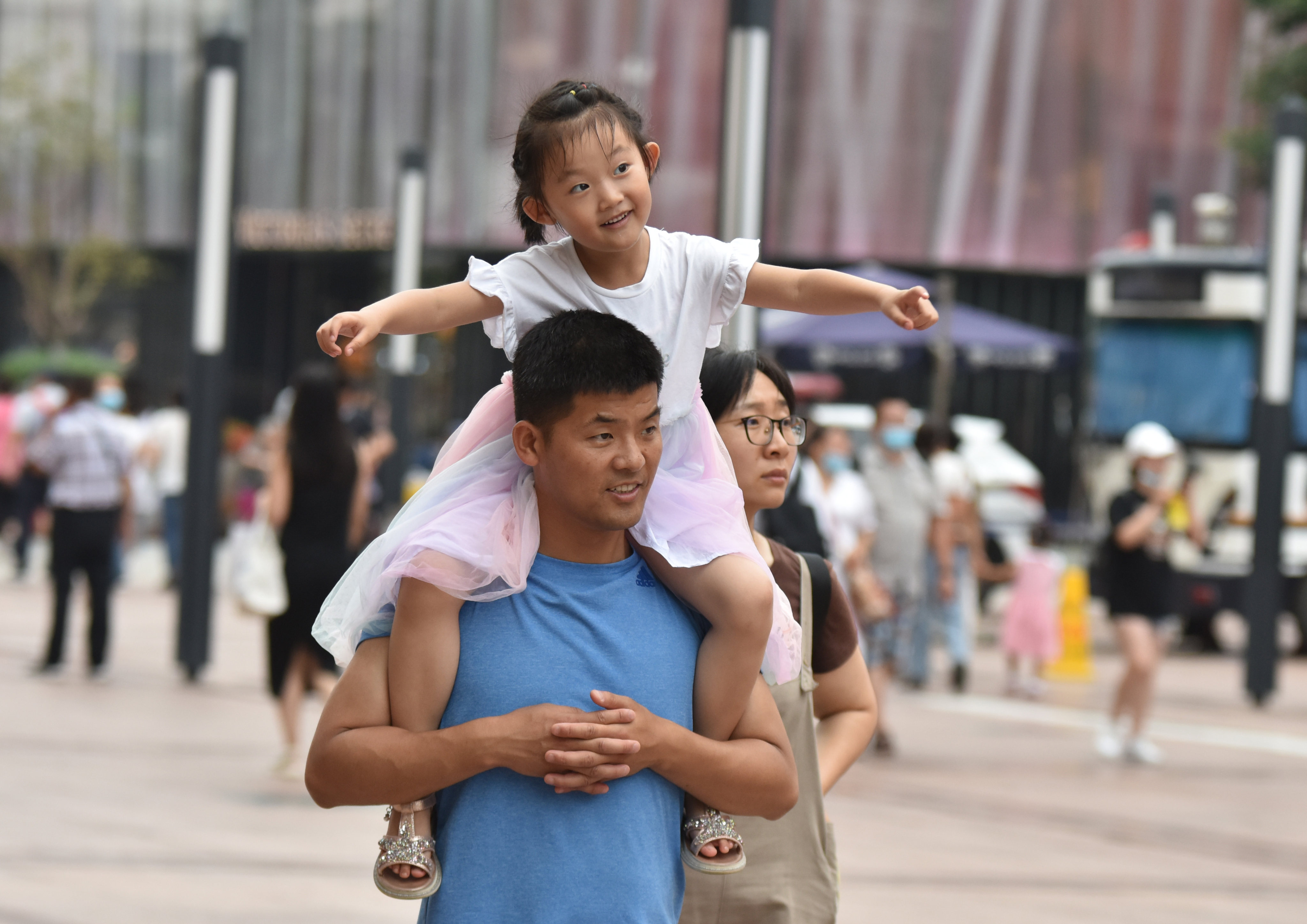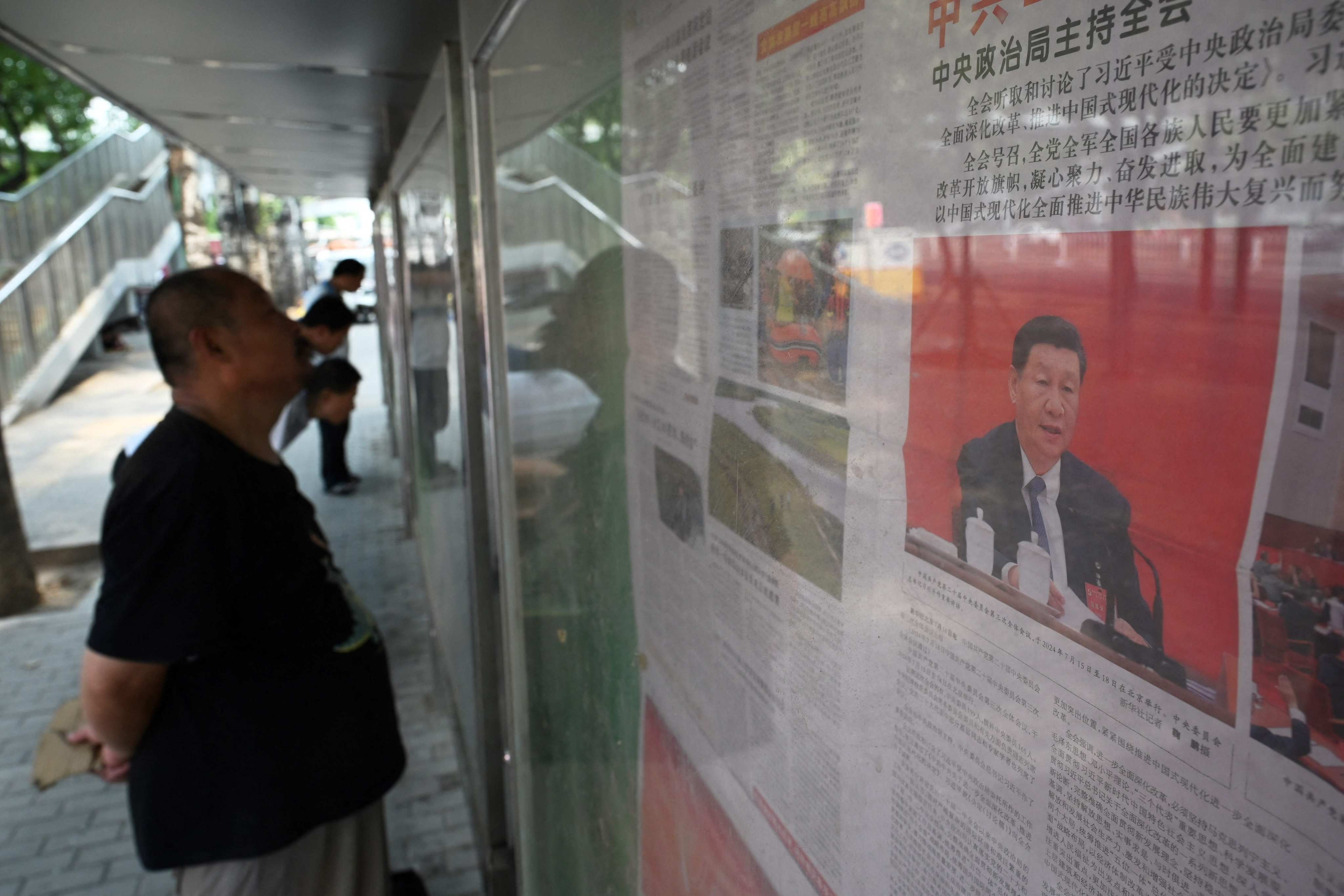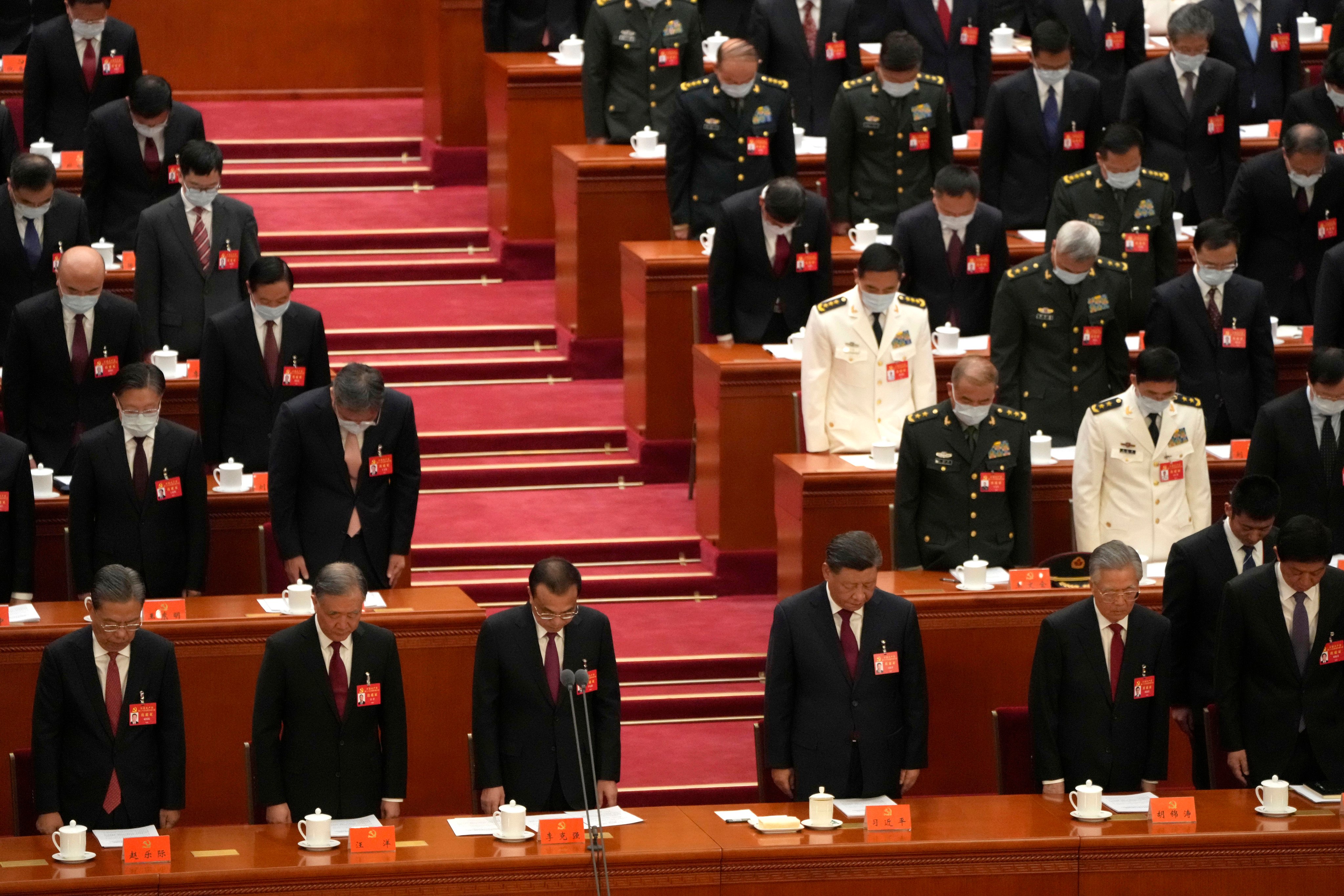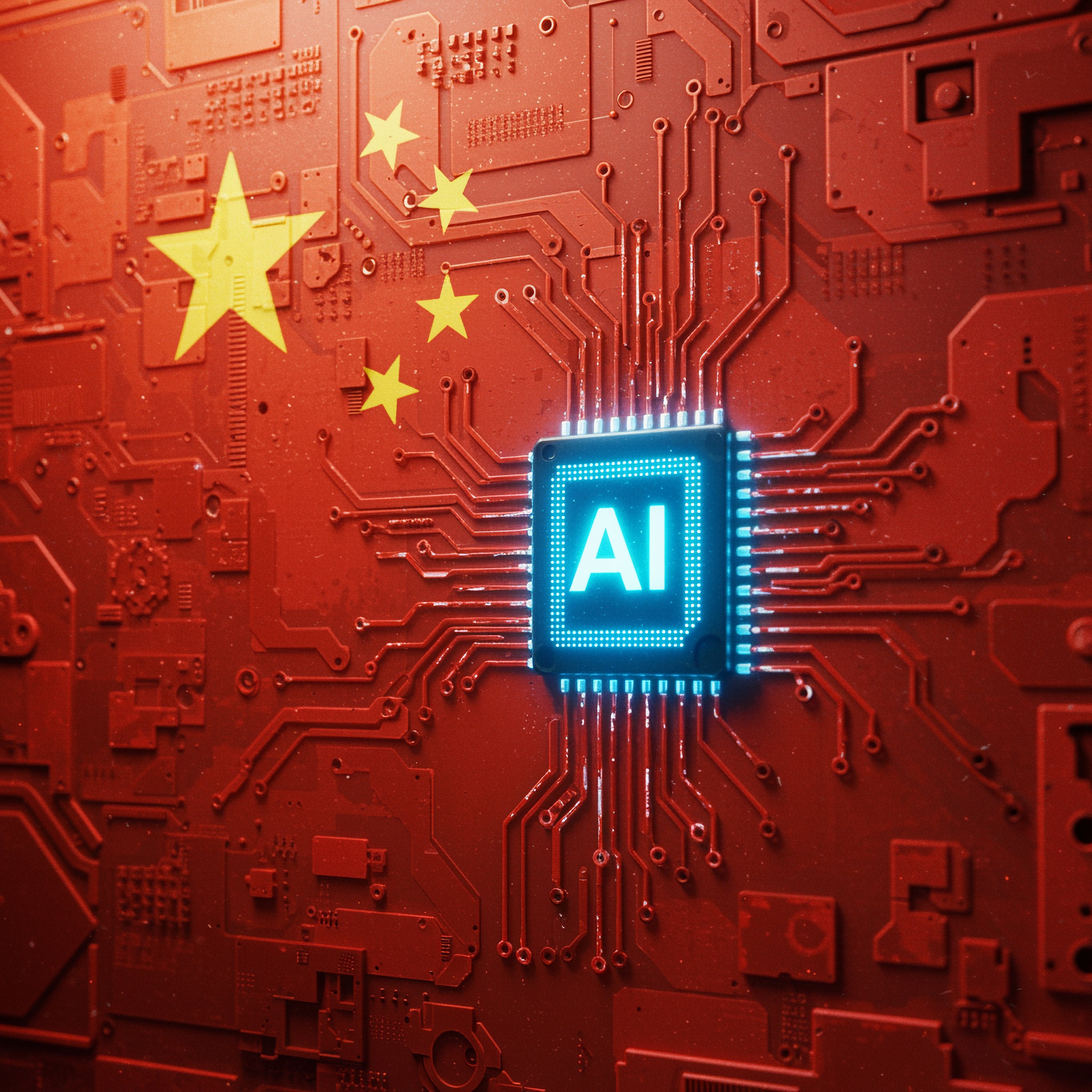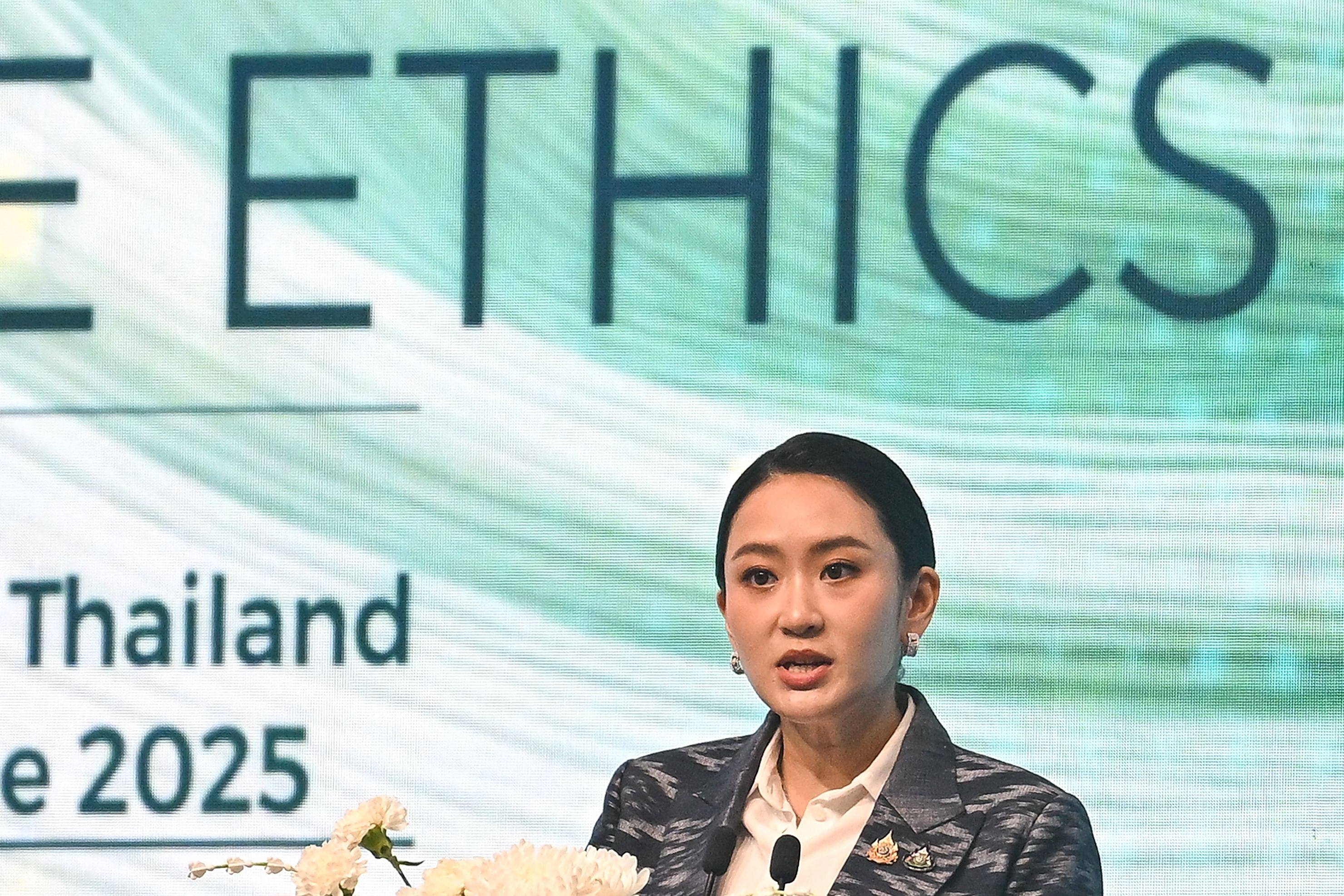The blockbuster Meta-Manus deal is cheering investors but worrying Beijing, where officials see a risky precedent for Chinese AI start-ups.
Figure marks a record for China’s tech giant, which will divest its US entity into a joint venture that includes Oracle and Silver Lake.
Unlike Huawei, Moore Threads’ GPUs, along with its own MUSA platform, are compatible with Nvidia’s CUDA ecosystem.
The heightened tensions underscore the complexity in resolving the two sides’ dispute over the control of the Dutch chipmaker.
The foundation extends its condolences to the victims’ families and praises the bravery of the firefighters and emergency personnel.
Yang aims to broaden the adoption of LLMs, while expanding AI’s scope of innovation via the most cost-effective means for all enterprises.
Letter to employees of company owned by China’s Wingtech asserts that ‘independent’ mainland entity is the one that pays workers’ salaries.
America is on a path to becoming the world’s ‘crypto capital’, according to Bo Hines, US CEO at stablecoin giant Tether.
2 Oct 2025 - 8:08PM videocam
Compliance and strong banking relationships are key, says the CEO of StraitsX, issuer of XSGD.
2 Oct 2025 - 4:00PM videocam
At the Token2049 event in Singapore, World Liberty Financial says it will launch a debit card in the fourth quarter or early in 2026.
Crypto enthusiasts from around the globe descend on the city state, preaching a future where blockchain-based technology dominates.
In the AI applications hall, companies from different industries showcased their AI agents built on Alibaba’s open-source Qwen models.
Group’s infrastructure spending will exceed the US$53 billion already promised, CEO Eddie Wu says at conference.
The initial investigation lays the groundwork for Beijing to potentially take further action against Nvidia.
Cyberport bought four GPUs made by different mainland Chinese chipmakers and has been testing them at its AI lab, CEO Rocky Cheng said.
Unitree’s IPO statement played down concerns after hobbyists and military fans posted videos of its robot dogs fitted with machine guns.
SenseTime attributes its financial progress to spinning off noncore operations and support from Beijing.
The crypto entrepreneur wants to turn his Tron blockchain into the virtual asset industry’s answer to the banking sector’s Swift network.
31 Aug 2025 - 12:36PM videocam
Tencent says there is a lot of opportunities to bring Chinese open-source AI models to overseas clients.
Zhao Changpeng advocates for quick policy changes, as Hong Kong seeks to become a virtual asset hub while minimising financial risks.
29 Aug 2025 - 9:56AM videocam
DeepSeek’s incremental progress is significant as it has created a new trajectory for China to achieve AI supremacy.
Continued involution would undermine China’s ambition to move up the value chain via ‘new productive forces’.
19 Aug 2025 - 7:00AM videocam
The country’s pension system has become unsustainable because of the shrinking labour force and ageing society.
12 Aug 2025 - 7:00AM videocam
The country had implemented its infamous one-child policy for nearly four decades, covering about two generations of Chinese.
Beijing’s policy is focused on more affordable systems, inclusive tech development efforts and a seat at the table of AI governance.
It is a concern to see that people no longer have faith in public rules, and that there is a growing us-vs-them mentality.
In day-to-day conversations, comrade is still used to address a young clerk in a government office, or a policeman on the street.
While the term ‘universal basic income’ has yet to appear in any official Chinese policy documents, the idea may soon become less foreign.
In contrast to the perception that Beijing has placed a lot of ‘guardrails’ on AI, China’s AI regulation so far has been limited.
Unesco hosted a forum in Bangkok this week to drive the adoption of its AI ethics recommendations.


